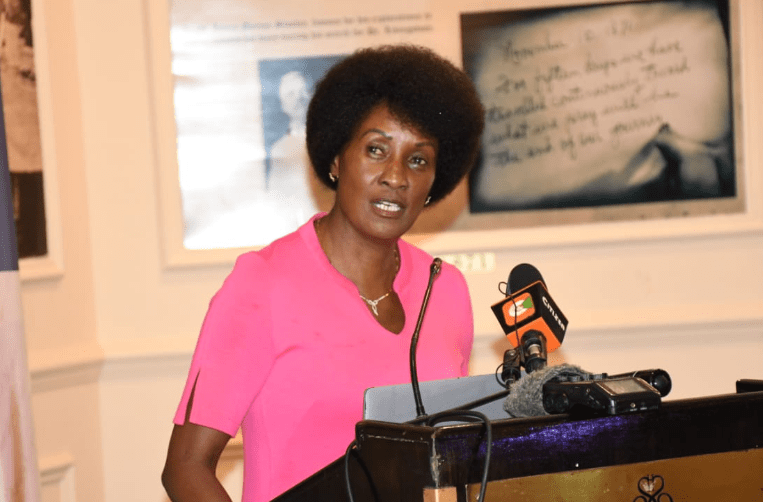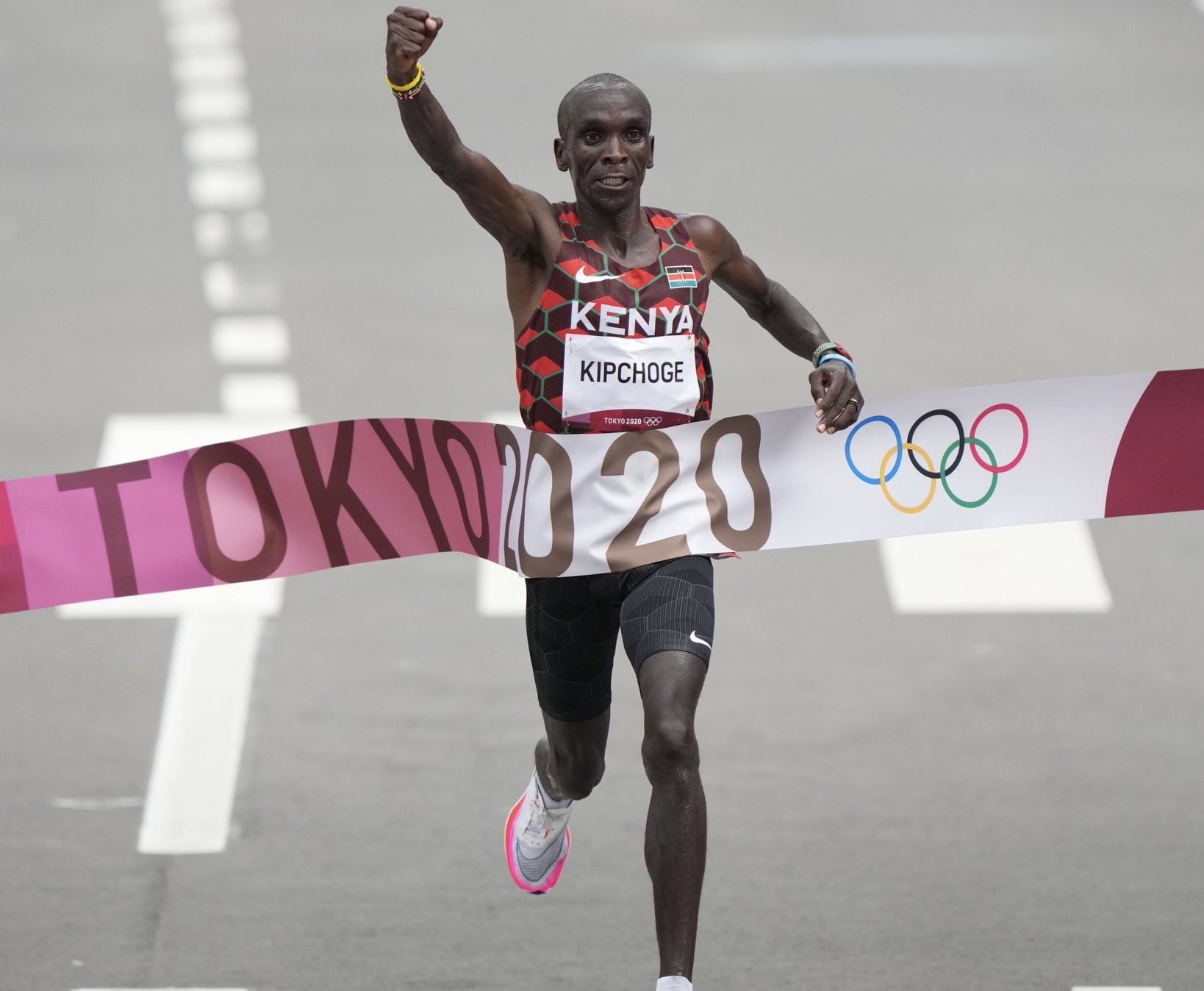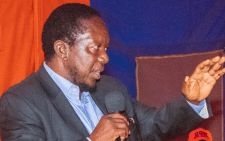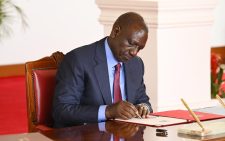Education crisis spotlights failed policies

The crisis rocking the education sector has exposed the soft underbelly of President William Ruto’s troubled political and economic policies. Not that these problems are unique to Kenya. They are common in many sub-Saharan African countries.
In his book, The Trouble with Nigeria, Chinua Achebe summed up the causes of his home country’s endemic political and economic ailments. Bad governance and corruption have contributed to underdevelopment and extreme poverty among the 233 million citizens of the continent’s most populous nation. Achebe may as well have been writing about Kenya. The two countries are like identical twins weighed on the scale of good governance and economic integrity.
The only disparity may be in the capacities and the level of intensity. A common denominator is that the most affected segments of the population are the youth and the education sector. They have Africa’s most educated professionals in both the arts and sciences, with scholars and workers in North America and Europe.
The “brain drain” has seen the cream of Africa’s sons and daughters help develop already developed countries at the expense of their underdeveloped continent because of their leaders’ utopian policies.
Validating the gravity of this continental epidemic, both countries have recently been upended by massively public-supported youth-led protests underpinning the two grievances of bad governance and corruption.
Gen Z has exposed the naked soft underbellies of failed political and economic policies and endless experiments entrenching inequalities now afflicting the education sector.
The intolerable inequities we willingly accept are the natural result of today’s political economy where the ideals of fairness and freedom are at odds with basic morality.
Government policies often conceal the one-sided class warfare victims stubbornly refuse to acknowledge. Political democracy requires economic democracy. Gen Z is asking with exasperation, why do we overlook that?
In Kenya, successive post-colonial governments have changed the education system no less than four times, including the latest proposals of a Ruto-appointed task force, with no tangible end in sight. The current standoff between teachers’ unions and the controversial new university funding model mirrors the unending turbulence in education due to flawed economic policies. A similar situation occurred recently during the State showdown with doctors and other medical workers’ unions over terms and conditions of service.
The State’s high-handed and perceived politically contemptuous handling of the two professions has contributed to upheavals in the national education and health systems.
Currently trending is the revelation of Sh106 billion in scattered education funding from the Treasury as follows:
The Higher Education Loans Board Sh32 billion; the National Government Affirmative Action Fund bursaries Sh1 billion; the National Government Constituency Development Fund bursaries Sh20 billion; the Presidential Bursary Fund Sh3 billion; county government bursaries Sh30 billion; and the Universities Fund Sh20 billion.
This Sh106 billion flows directly from the Treasury into political control, with attendant integrity concerns and questions about effective education and economic policies.
Experts are asking why this money cannot be channelled directly to learning institutions as a capitation for each student to make education free in Kenya.
Won’t that be a more rational solution than the flawed policies that have contributed to the current disorder in the education sector?
Ruto’s broad-based government has the same old faces and some of Raila Odinga’s allies. It will have been built on quicksand if it cannot resolve the flawed political and economic policies bedevilling the troubled education and health sectors.
— The writer comments on National Affairs-














